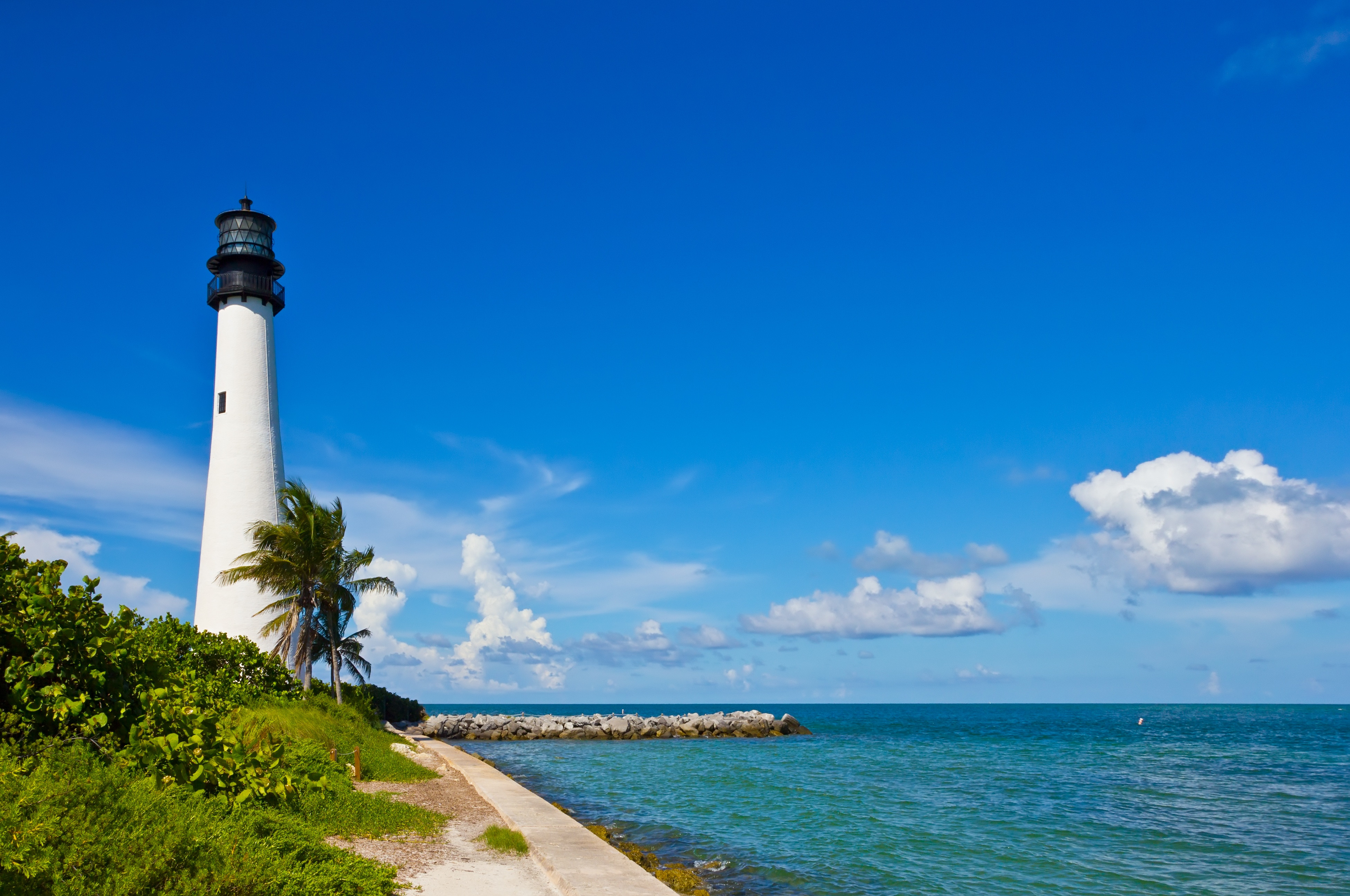Part II: Don’t Go Bare: 4 Creative Options for Brokers in Gulf Coast States
October 19, 2023
By Ben McDonald, Lisa Thomas and Samantha Nodzak
It’s not news that property owners along the Gulf Coast are experiencing sticker shock when it comes their insurance renewal. The challenge is, rate increases of 30%-40% industry wide have some wondering whether carrying property insurance at all is worth the price.
From double year-over-year increases in Florida to average global insured losses from natural disasters reaching $100 billion or more per year, every year, since 2017, 1 this new normal is one of the hardest markets the industry has ever seen.
A growing number of building owners and operators are “going bare,” electing not to have coverage at all. In fact, it’s estimated that 13% of current Florida homeowners carry no property insurance — almost double the 7% nationwide rate. 2
To move property owners away from going bare and to lean into the hard market, there are a few ways brokers can help insureds find creative solutions to this challenge.

4 creative ways to insure client exposures in a hard market
Even in a hard market, savvy brokers can pull together programs for clients in need, albeit often without all the bells and whistles of yesterday. Here are four creative solutions brokers can offer their insureds to remain covered — and avoid going bare.
- Offer higher deductibles. Raising the deductible percentage from 2%-3% to 4%-5% could help stabilize rates. You also could talk with your clients about raising the deductible only for certain triggering events, such as wind, so there is less of a claims payout. Offering a chunky wind deductible option, for example, would make building owners and operations responsible for 2% more of the cost if an incident occurs.
- Recommend deductible buy-downs/buy-backs. In conjunction with raising deductibles, you can also include a separate policy that will cover a portion of the deductible costs if a claim happens. For example, if a broker quotes a 5% deductible, a deductible buy-down from another market could help keep a building owner/operator insured.
- Provide creative term limits. The cost of inflation has increased the cost of replacing a building. Instead of offering a policy with replacement cost coverage, consider recommending actual cash value (ACV) coverage, which puts up less limits for a reduced premium.
For example, a 25-year-old building may cost $500,000 to replace, but through depreciation it may be worth only $250,000. Suggesting ACV coverage provides an adequate, respectable option that covers the depreciated value of the building, rather than pricing based on the dramatically rising costs of replacement.
- Self-insure some exposures, like wind coverage. If they still are unable to find affordable wind coverage, then going bare or self-insuring wind exposure may be an option. With the rising cost of catastrophe insurance on wind coverage, explore excluding wind or offering a wind-only policy. Those are particularly viable if the business has access to a state wind pool or owns its facility outright and is not required to have wind coverage. New markets are coming out with wind-only coverage or coverage excluding wind because it’s harder to get a single policy that covers wind and property.
Brings Opportunities
In this hard market, there is an opportunity for brokers in the Gulf States to build new relationships with markets and new property owners, while sustaining existing ones. To do so, creative thinking is critical to identifying affordable solutions and pulling together a program for businesses in need. This can open up brokers to new retail agencies, new lines of business — and new relationships — that can potentially open even more doors down the line. For more information, see Part I of this blog: Navigating the Hard Market: 4 Strategies for Brokers to Contend with Constraints in Gulf Coast States Property Insurance
ASK A LOSS CONTROL REPRESENTATIVE
Have a question on how to mitigate risk? Email losscontroldirect@iatinsurance.com for a chance to see your question answered in a future blog.
